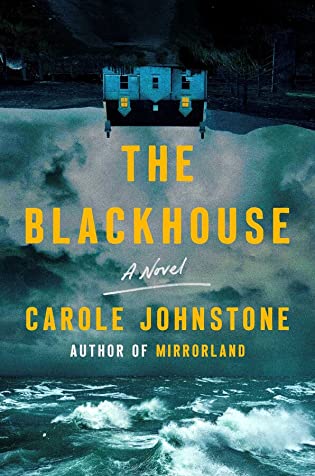 The Blackhouse by Carole Johnstone
The Blackhouse by Carole Johnstone Published by Scribner on January 3, 2023
Genres: Contemporary Fiction
Pages: 329
Format: E-Book, eBook
Source: Library
Buy on Amazon, Buy on Bookshop
This post contains affiliate links you can use to purchase the book. If you buy the book using that link, I will receive a small commission from the sale.
Goodreads
From the author of the “dark and devious...beautifully written” (Stephen King) Mirrorland comes a richly atmospheric thriller set on an isolated Scottish island where nothing is as it seems and shocking twists lie around every corner.
A remote village. A deadly secret. An outsider who knows the truth.
Robert Reid moved his family to Scotland’s Outer Hebrides in the 1990s, driven by hope, craving safety and community, and hiding a terrible secret. But despite his best efforts to fit in, Robert is always seen as an outsider. And as the legendary and violent Hebridean storms rage around him, he begins to unravel, believing his fate on the remote island of Kilmeray cannot be escaped.
For her entire life, Maggie MacKay has sensed something was wrong with her. When Maggie was five years old, she announced that a man on Kilmeray—a place she’d never visited—had been murdered. Her unfounded claim drew media attention and turned the locals against each other, creating rifts that never mended.
Nearly twenty years later, Maggie is determined to find out what really happened, and what the islanders are hiding. But when she begins to receive ominous threats, Maggie is forced to consider how much she is willing to risk to discover the horrifying truth.
Unnerving, enthralling, and filled with gothic suspense, The Blackhouse is a spectacularly sinister tale readers won’t soon forget.
I gave this book 3.5 stars because Johnstone kept me turning pages wanting to find out what was going on. The setting is also rendered sharply, and I love a book in which the setting is almost a character itself. However, I didn’t like the novel’s ending, and I nearly knocked off half a star because of it. I felt like Maggie was kind of a cipher as a character, and Robert was a little more clearly drawn. A reviewer on Goodreads says to watch out when you like a secondary character better than the protagonist, and that’s a pretty fair assessment. Most of the islanders were more interesting to me as characters than Maggie. I would also add that the setting was way more interesting than any character in the book, hence 3.5 stars. I wanted to like this one more, especially since it kept me up late, but the protagonists were not compelling enough in the end.
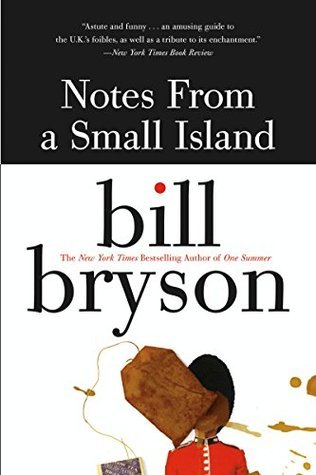 Notes from a Small Island by
Notes from a Small Island by 
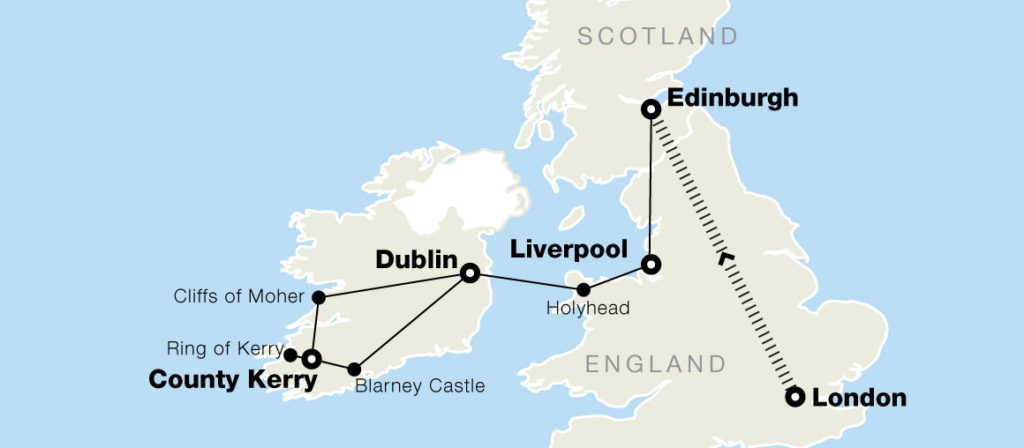
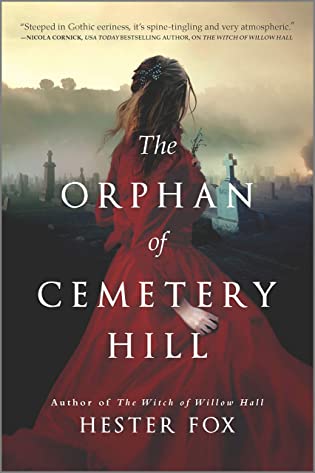 The Orphan of Cemetery Hill by
The Orphan of Cemetery Hill by  Keep Moving: Notes on Loss, Creativity, and Change by
Keep Moving: Notes on Loss, Creativity, and Change by 
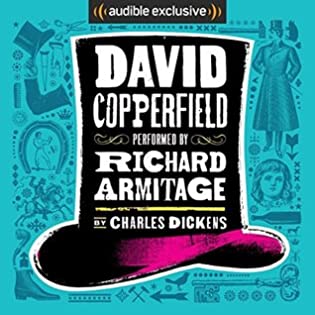 David Copperfield by
David Copperfield by 
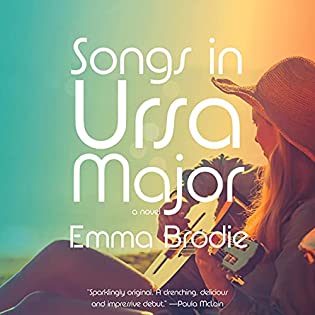 Songs in Ursa Major by
Songs in Ursa Major by 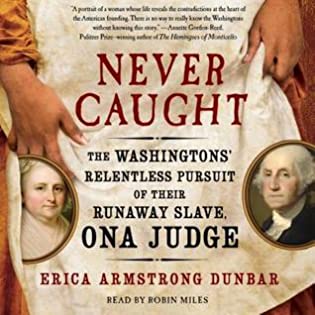 Never Caught: The Washingtons' Relentless Pursuit of Their Runaway Slave, Ona Judge by
Never Caught: The Washingtons' Relentless Pursuit of Their Runaway Slave, Ona Judge by  She Lies in Wait by
She Lies in Wait by 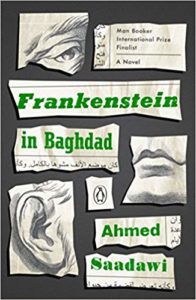 Frankenstein in Baghdad by
Frankenstein in Baghdad by 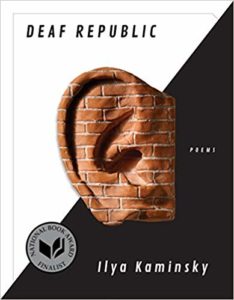 Deaf Republic by
Deaf Republic by 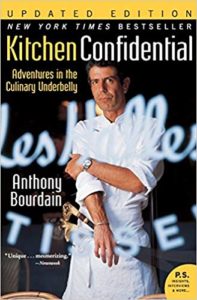 Kitchen Confidential: Adventures in the Culinary Underbelly by
Kitchen Confidential: Adventures in the Culinary Underbelly by 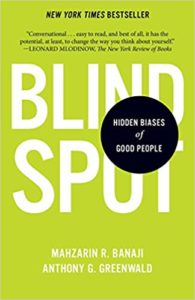 Blindspot: Hidden Biases of Good People by
Blindspot: Hidden Biases of Good People by